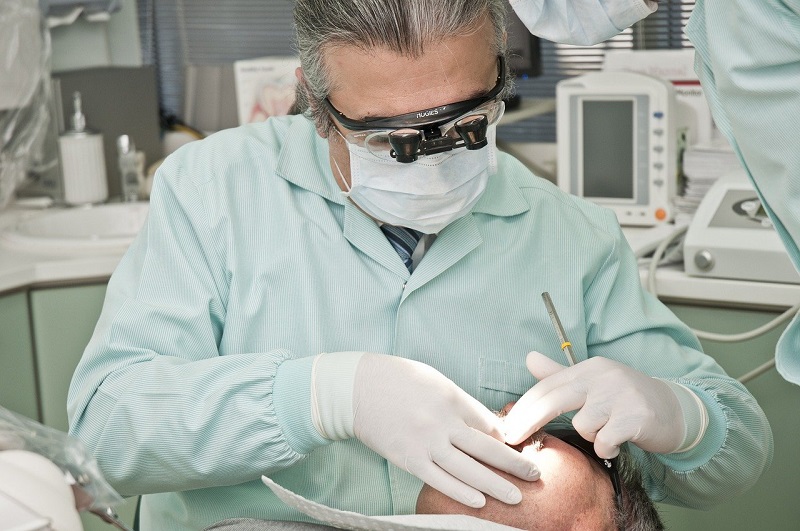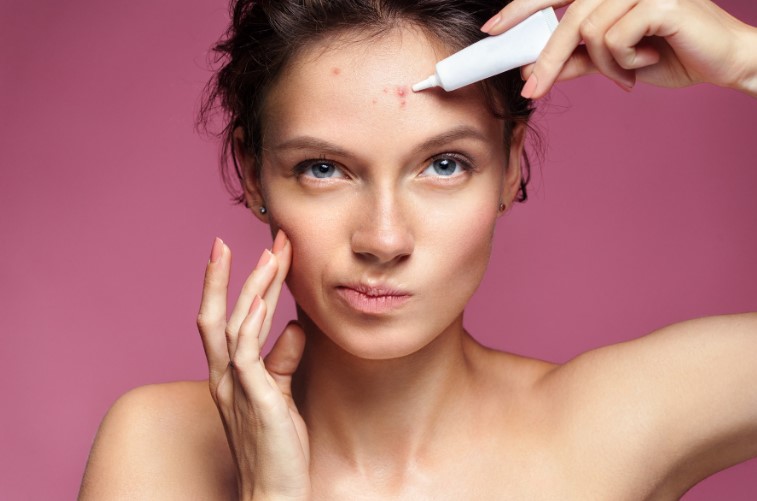When was the last time you had your teeth checked by a dentist? According to the American Dental Association, you should visit the dentist at least once every six months. But, life happens, and sometimes we forget or put it off.
If it’s been a while since your last dental visit, you may be due for a cleaning and checkup – and maybe even a set of braces or retainers. Many people dread the thought of getting braces, but the truth is, they’re not as bad as you may think. In fact, with today’s technology, they’re more comfortable and less noticeable than ever before.
According to MoneyGeek, the average cost of braces in the US is between $3,000 and $5,000. But, several factors are responsible for affecting the price, including the type of braces, the severity of your case, and whether or not you have insurance. The most important thing is to find a reputable orthodontist who can give you an accurate estimate.
If you’re considering braces or retainers, you probably have many questions. This article will cover the most common questions people have before getting retainers.
What is a retainer?
A retainer is a custom-made, removable appliance that helps keep your teeth in their new, straight position after braces. It’s made of metal wires or clear plastic and fits snugly over your teeth. Did you know? There are two types of retainers:
- Hawley Retainer: This type of retainer is made of metal wires that fit over the roof of your mouth and around your teeth. It’s the most common type of retainer.
- Clear Retainer: A clear retainer is made of a hard, plastic material and fits snugly over your teeth. It’s nearly invisible, which makes it a popular choice among adults.
How long do I have to wear a retainer?
The amount of time you’ll need to wear a retainer will depend on the severity of your case. For some people, it may only be a few months, while for others, it could be up to a year or longer. Your orthodontist can give you a more accurate estimate based on your case. You can also opt for invisible braces, a great option if you want to avoid wearing a retainer.
What are invisible braces?
Invisible braces are a type of clear braces that are virtually invisible when you wear them. They’re made of a clear, plastic material and are custom-fitted to your teeth. They’re popular for adults who want to straighten their teeth without wearing traditional braces.
How much do retainers cost?
The cost of a retainer will vary depending on the type you choose and whether or not you have insurance. In the US, the average cost of a retainer is between $300 and $500. Besides the cost of the retainer itself, you may also have to pay for periodic visits to the orthodontist to have it adjusted.
What are the different types of retainers?
Removable retainers are the most common type. They’re made of metal wires or clear plastic and fit snugly over your teeth. They can be removed for eating, brushing, and flossing.
Fixed retainers are bonded to the back of your teeth and can only be removed by a dental professional. They’re less likely to be lost or misplaced and are more effective at keeping your teeth in their new, straight position.
What are the benefits of wearing a retainer?
There are many benefits of wearing a retainer, including:
- Straighter Teeth
- Improved Dental Health
- Boosted Self-Confidence
- Improved Chewing And Speaking Abilities
- Reduced Risk Of Tooth Decay And Gum Disease
- Are There Any Risks Associated With Wearing a Retainer?
There are very few risks associated with wearing a retainer. The most common risk is that the retainer can irritate your gums and teeth. If this occurs, try adjusting the retainer’s fit or talk to your orthodontist about other options.
Do retainers hurt?
No, retainers don’t hurt. You may feel slight discomfort when you first start wearing them, but this is normal and should go away after a few days. Also, take them out when eating, brushing, and flossing to avoid gum or tooth irritation. You may also want to avoid hard and sticky foods damaging your retainer.
How do I clean my retainer?
It’s important to keep your retainer clean to prevent gum disease and tooth decay. Brush your retainer with toothpaste and water at least once a day. You can also soak it in denture cleaner or a retainer cleaning solution. Also, brush your teeth and gums after wearing your retainer to remove any plaque or bacteria that may have transferred.
Can I still play sports while wearing a retainer?
Yes, you can still play sports while wearing a retainer. Just be sure to remove it before playing and put it in a safe place. You may also want to wear a mouthguard to protect your teeth if you play contact sports.
Can I still kiss while wearing a retainer?
Yes, you can still kiss while wearing a retainer. Just be careful not to damage your retainer in the process. Most importantly, have fun and enjoy your new, straight smile!
What about swimming? Can I wear my retainer in the pool?
No, you should not wear your retainer in the pool. The chlorine in the water can damage the retainer and cause it to break. The most important thing is to ensure you keep your retainer clean and free of bacteria.
Do I need to wear my retainer all the time?
Following your orthodontist’s instructions on how often to wear your retainer is important. In general, you should wear it as much as possible initially, then gradually reduce the amount of time you wear it. For example, you might wear it all day and night for the first week, then just during the day for the second week. After that, you might only need to wear it at night.
In a nutshell
Now that you know the ins and outs of retainers, you can make an informed decision about whether or not they’re right for you. Before getting a retainer, talk to your orthodontist about any questions or concerns.
Deciding whether or not to get a retainer is a personal decision, but ultimately, it’s up to you and your orthodontist to decide what’s best for your smile. And even if you get a retainer, remember to take good care of it and your teeth to maintain your healthy smile!





